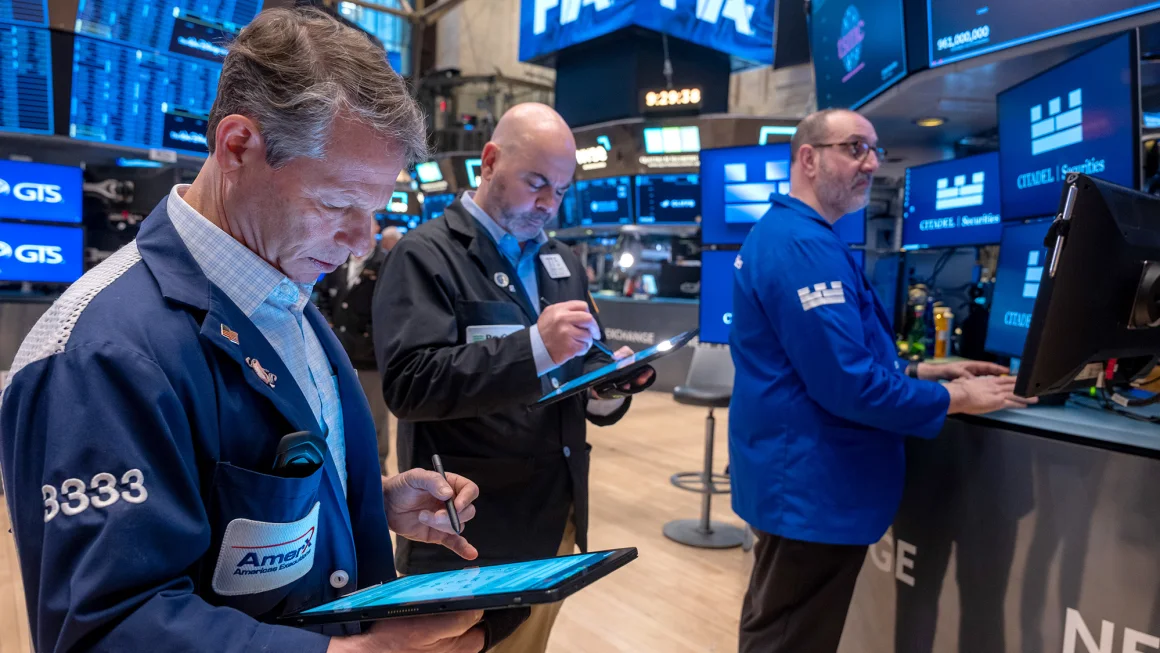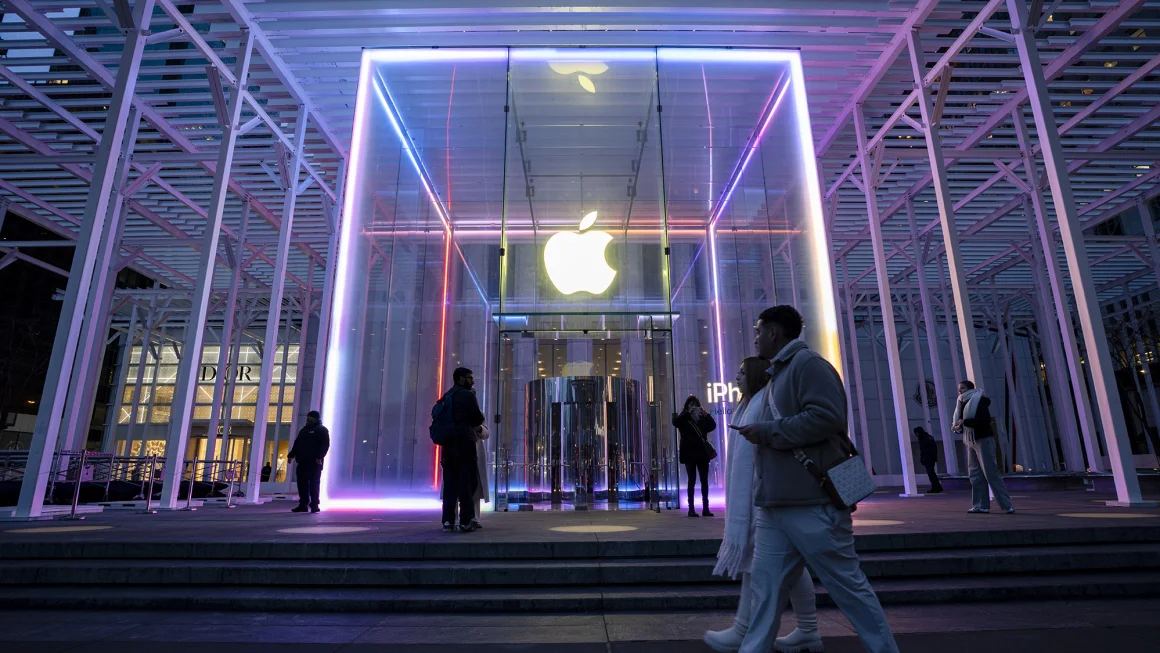An electronics store in Tokyo has issued an apology after a large crowd of Chinese buyers seeking Nvidia’s latest gaming chips caused chaos in the Akihabara district. The incident, which went viral on Japanese social media, highlights the impact of the US-China tech war on gamers and resellers.
Last week, around 400 people gathered outside PC Koubou, an electronics chain, hoping to purchase Nvidia’s GeForce RTX 50 graphics cards. The demand led to disorderly conduct, with buyers obstructing sidewalks and trespassing on private property. Due to the disruption, the store canceled the sale and later issued an apology, expressing regret for the inconvenience caused to customers and nearby businesses.
PC Koubou’s parent company, Unitcom, stated that nearly 90% of the buyers were Chinese-speaking customers. The high demand for the graphics cards is attributed to US export restrictions that prevent China from accessing advanced Nvidia chips, which are essential for AI development and gaming. The Chinese market receives a modified, less powerful version of Nvidia’s latest chips, prompting resellers and enthusiasts to seek the original versions abroad.
The RTX 5090, priced at $1,999 in the US and around $2,600 in Japan, is being resold in China for as much as $5,700. Reports indicate that some individuals are traveling to South Korea and Thailand to obtain the sought-after chips, further fueling the frenzy.
This incident is not the first time Nvidia has tailored its products to comply with US trade restrictions. In 2023, the company introduced the RTX 4090D for the Chinese market, which was 5% slower than its international counterpart. Similarly, the RTX 5090D, currently available in China, is approximately 29% less powerful than the standard RTX 5090.
In response to the chaos in Akihabara, PC Koubou moved sales to an online lottery system to manage demand. The event underscores how geopolitics continue to shape the global tech industry, affecting both supply chains and consumer behavior.














